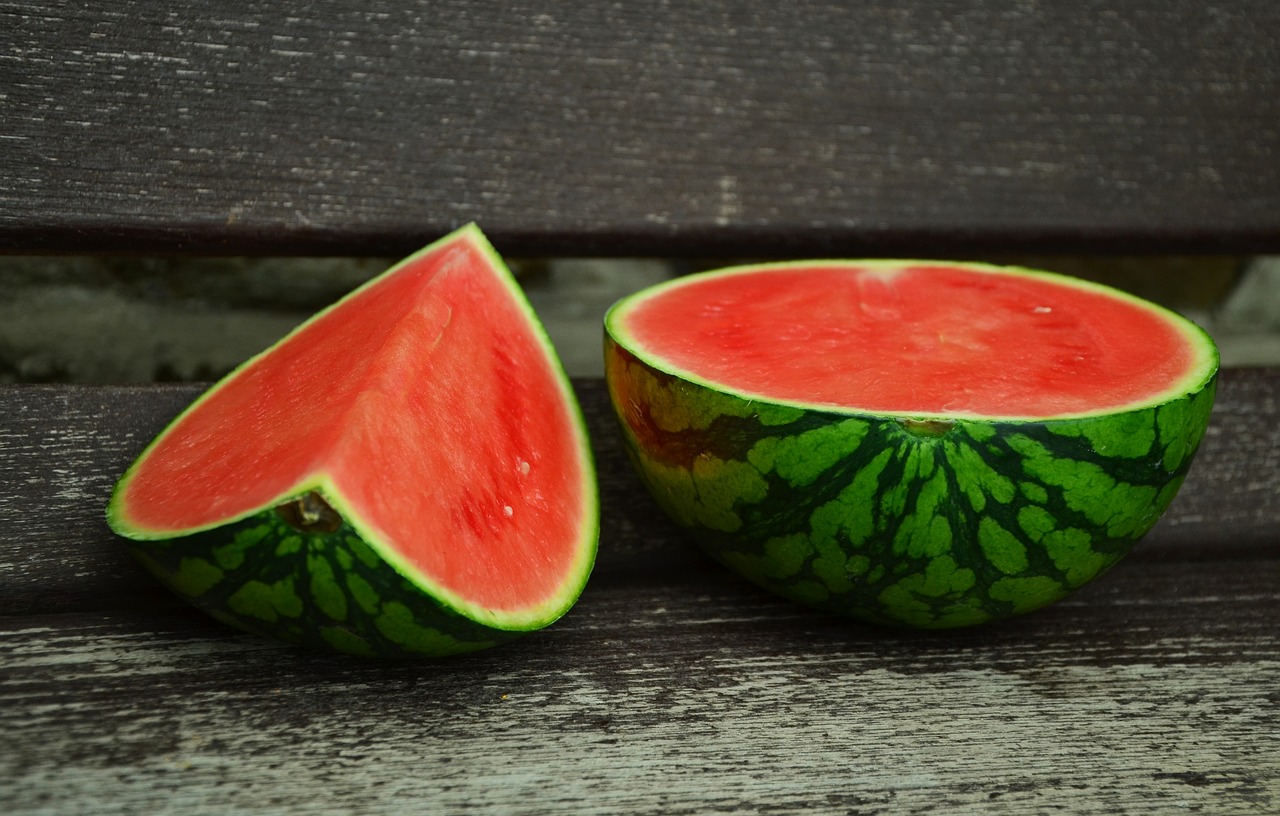What are the Benefits of Eating Watermelon?

What are the Benefits of Eating Watermelon?
If you are looking for refreshing fruits, watermelon is the best treat, with its bright color and succulent flesh. Beyond its sweet taste and hydrating properties, watermelon is loaded with nutrients, and its health benefits make it a must-have in your diet. Let’s quickly look into the health benefits of watermelon.
4 Amazing Benefits of Watermelon
Loaded with Nutrients
Watermelon is more than just a thirst-quencher – it's a nutrient-packed fruit that contributes to your overall well-being. A 1-cup (154g) serving of watermelon contains:
- Water: With a water content of over 90%, watermelon helps you stay refreshed and combat dehydration, especially during hot weather.
- Vitamin C: A good source of vitamin C, watermelon supports a robust immune system, aids in collagen production for healthy skin, and acts as a powerful antioxidant, protecting your cells from oxidative stress.
- Vitamin A: Packed with beta-carotene, watermelon promotes healthy vision, skin, and immune function, while also contributing to overall antioxidant defense.
- Minerals: Potassium and magnesium in watermelon help maintain electrolyte balance, support heart health, and regulate blood pressure.
Antioxidant Powerhouse
Watermelon doesn't just tantalize your taste buds – it also contains a range of antioxidants that combat free radicals in the body. Key antioxidants found in watermelon include:
- Lycopene: Gives the fruit its bright color, lycopene is a potent antioxidant linked to a reduced risk of certain cancers, cardiovascular diseases, and inflammation.
- Citrulline: This amino acid is not only responsible for the sweet taste but also promotes blood vessel dilation, potentially enhancing blood flow and cardiovascular health.
- Flavonoids: Watermelon contains various flavonoids, including beta-carotene and lutein, known for their anti-inflammatory and immune-boosting properties.
Weight Management and Digestive Health
For those watching their weight or aiming to maintain a healthy digestive system, watermelon can be valuable:
- Low in Calories: Despite its sweet taste, watermelon is relatively low in calories, making it a guilt-free snack or dessert option for those mindful of their calorie intake.
- Fiber Content: A moderate source of dietary fiber, watermelon aids digestion, promotes a feeling of fullness and supports a healthy gut microbiome.
Exercise Recovery and Muscle Soreness
Believe it or not, watermelon can be a secret weapon for fitness enthusiasts and athletes:
- Hydration for Exercise: The high water content helps prevent dehydration during exercise, while the natural sugars provide a quick energy boost.
- Reduced Muscle Soreness: Thanks to its citrulline content, watermelon aids in reducing muscle soreness and improving exercise recovery by eliminating lactic acid buildup.
Ways to Enjoy Watermelon
To fully reap the benefits of watermelon, it's essential to choose ripe fruits and incorporate them into your diet creatively.
Firstly, select the perfect watermelon. Look for a symmetrical shape, a creamy yellow spot (indicating ripeness), and a dull skin surface. When it makes a hollow sound when tapped, it can be a sign of a juicy interior.
Beyond enjoying watermelon slices, consider blending them into refreshing smoothies, adding them to salads, or even grilling for a unique twist.
Conclusion
Watermelon has a sweet and juicy flavor, but it is loaded with numerous health benefits. From hydration and immune support to antioxidant power and exercise recovery, watermelon deserves a place in your diet. So, next time you indulge in a slice of watermelon, be confident it will deliver the nutrients needed for your well-being.
